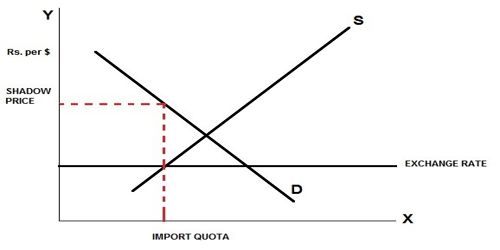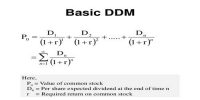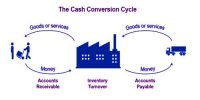Shadow Pricing
Where price does not reflect the actual value of a good or commodity, or no market value for a good or commodity exists, shadow pricing can be used. Shadow pricing is a proxy value of a good, often defined by what an individual must give up to gain an extra unit of the good. The value of a good or impact resulting from a project when measured using shadow pricing may, however, differ from the value of that or similar goods or impacts when measured using market prices. This occurs due to market failure in real markets which impacts on the shadow value of certain goods and impacts. Shadow pricing is useful for incremental decisions when management needs to know the benefit associated with the cost of extending the usage of a resource. It is a limited concept that should only be applied to very specific financial analysis situations.
According to E.J. Mishan, “A shadow or accounting price…. is the price the economist attributes to a good or factor on the argument that it is more appropriate for the purposes of economic calculation than its existing price if any.”
Shadow price is generally used in following issues:
- Traded goods and services,
- Non-traded goods and services; and,
- Labor.















